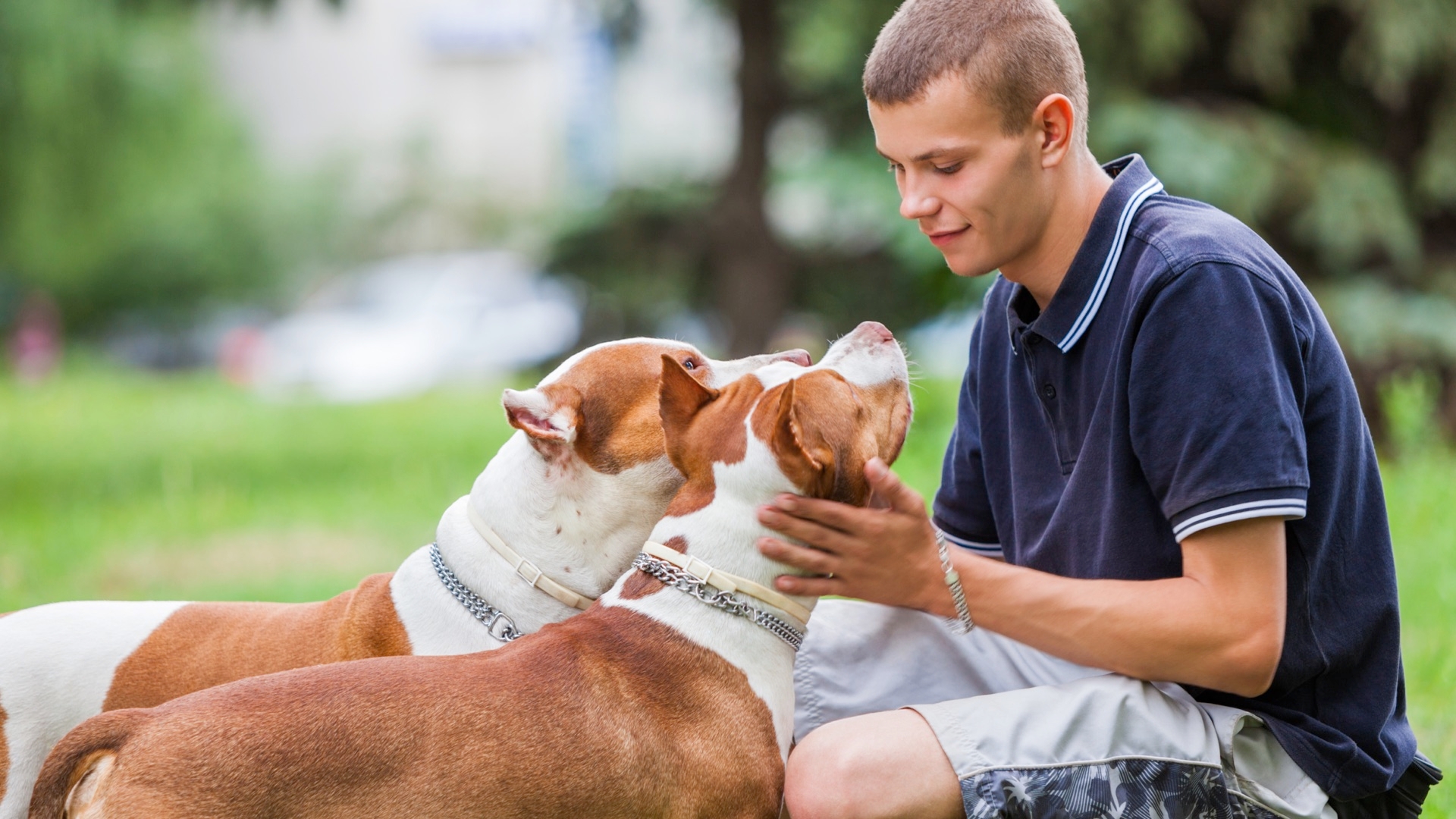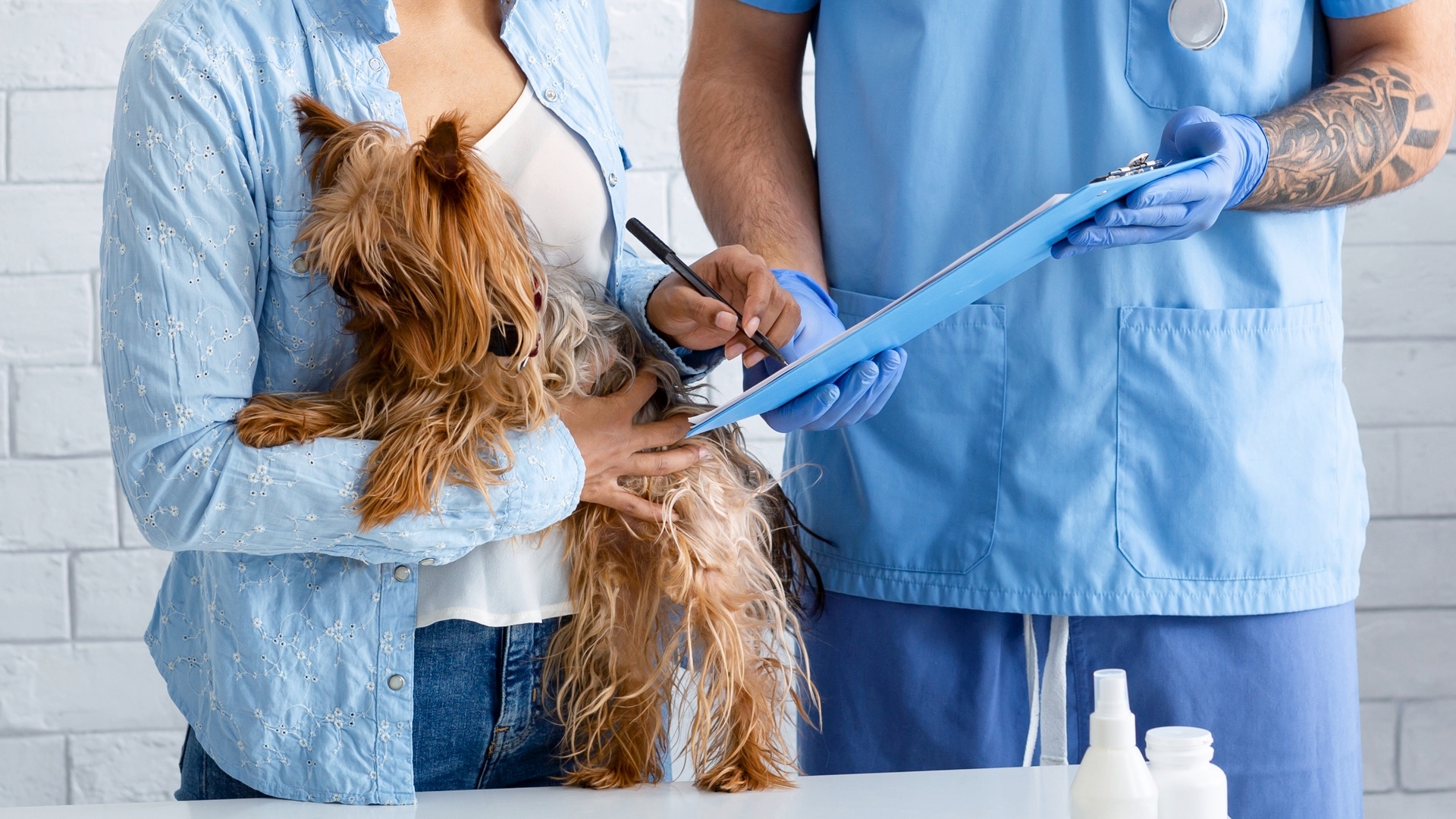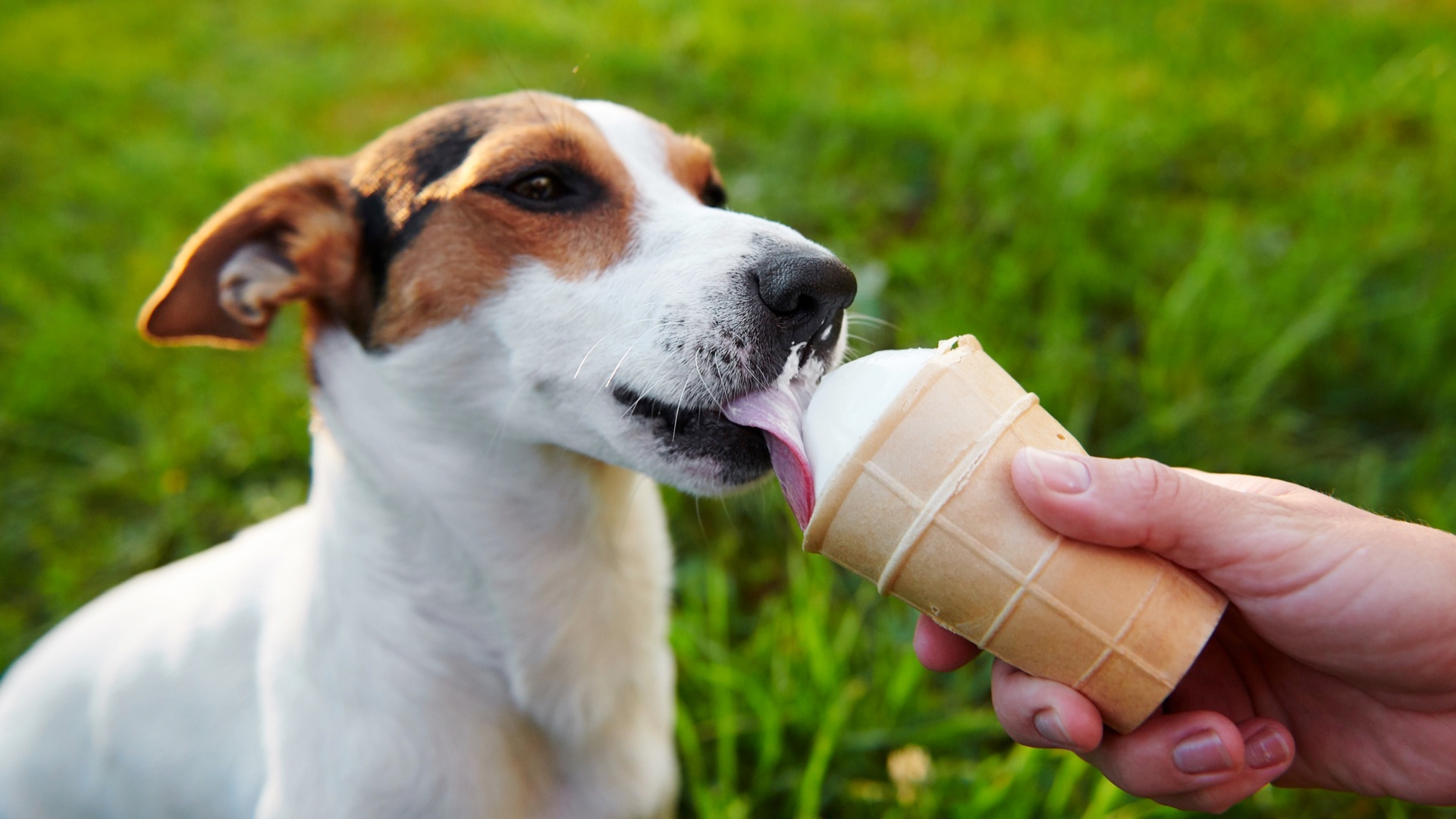Responsible Pet Ownership:
The tag "responsible pet ownership" relates to: canine, cat, dog, dog care, dog training, health, pet health, pet training, pets, and tips. For more tags, view our complete tag index.
The following blog entries have been tagged "responsible pet ownership".

The animals that share our lives and homes rely on us for protection. Many common household products such as cleaners and pesticides could hurt a pet if not used and stored correctly. Keep all products out of the reach of pets. EPA encourages consumers to consider using EPA-registered biopesticides and products with EPA's Safer Choice label, which are generally less harmful.
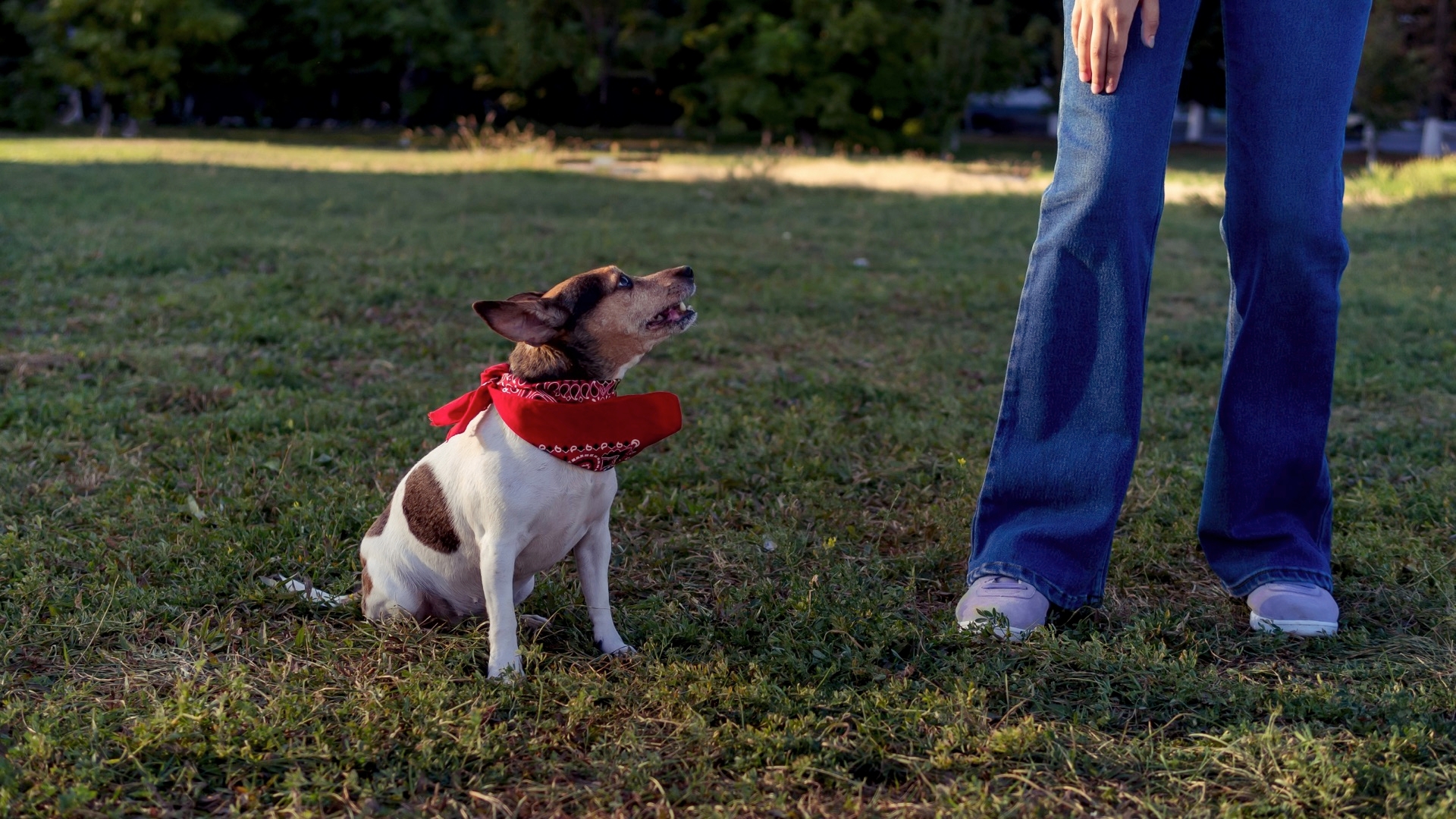
After you've decided between group classes, one-on-one private help and board-and-train, how do you figure out which professional is right for you and your pet? Your decision will be based on a number of factors, including the type of problem your pet has, the professional's education and experience and the availability of behaviorists and trainers in your area.
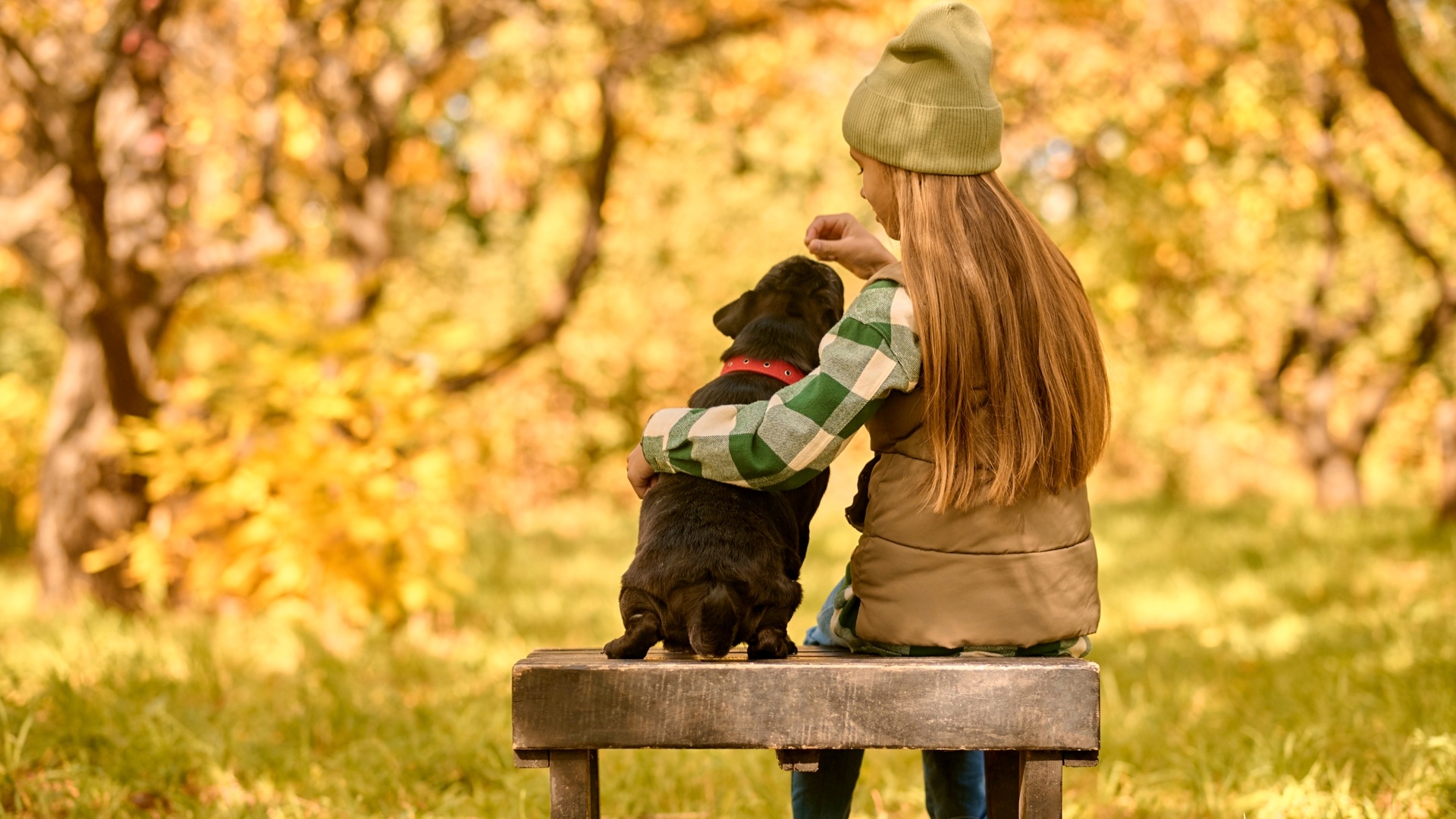
Relationship-based trainers have realistic expectations. When training animals, we use lots of patience. They understand that animals are not born knowing how to fit into our human lives. Most adult animals are not adequately taught how to be part of a loving human family. Even if they have been in a loving home, they may still lack the social skills to be comfortable around strangers and in new situations.
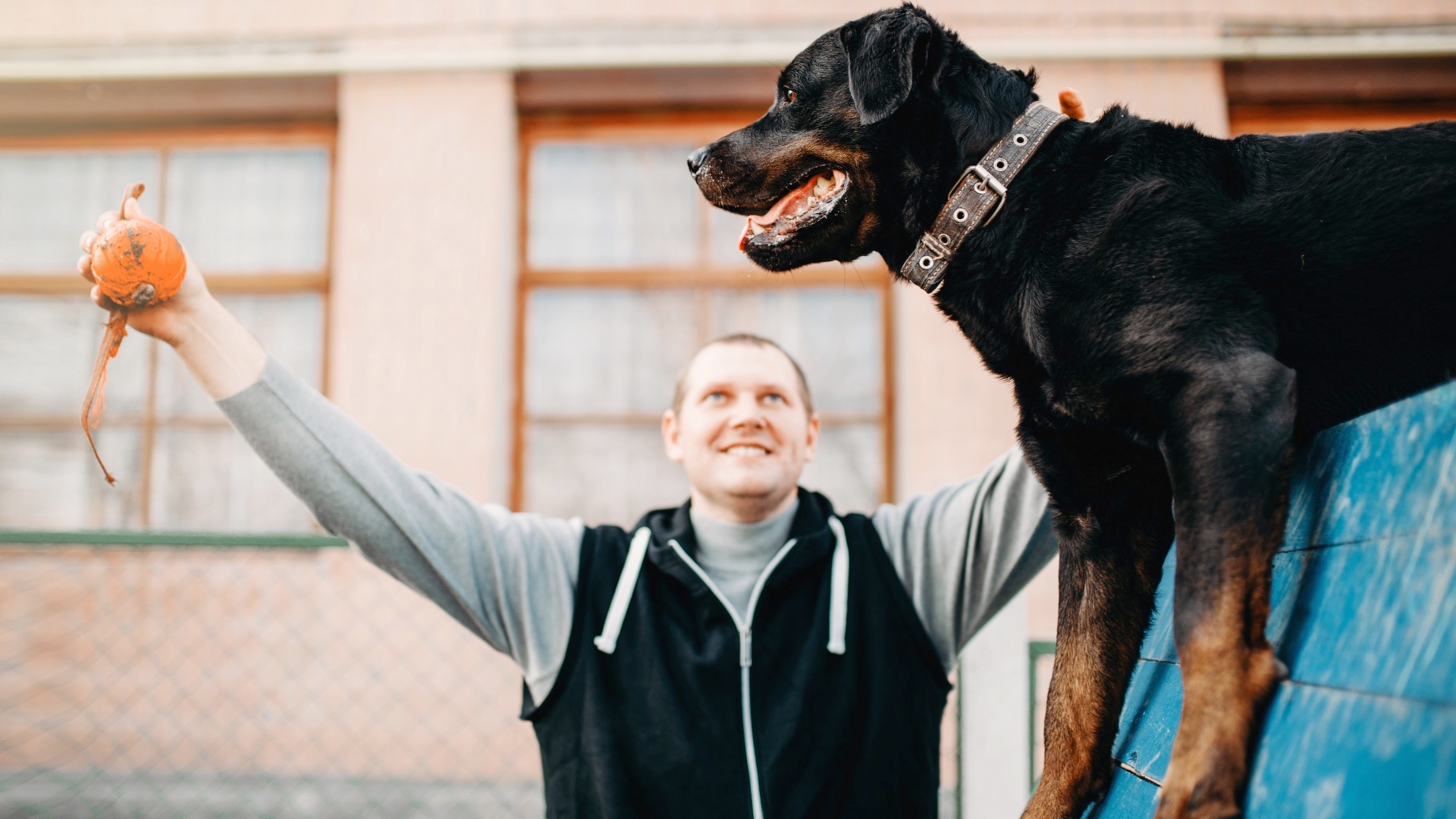
Relationship-based dog training is based on trust. When you have a trusting, cooperative relationship with an animal (whether a dog, cat, parrot, horse, or another animal), you have his respect, and he'll want to spend time with you and work with you. Relationship-based trainers do not train with methods that use excessive force, threats, fear, intimidation, pain or dominance. Training based on such aversive methods damages any trusting relationship you might develop with the animal.
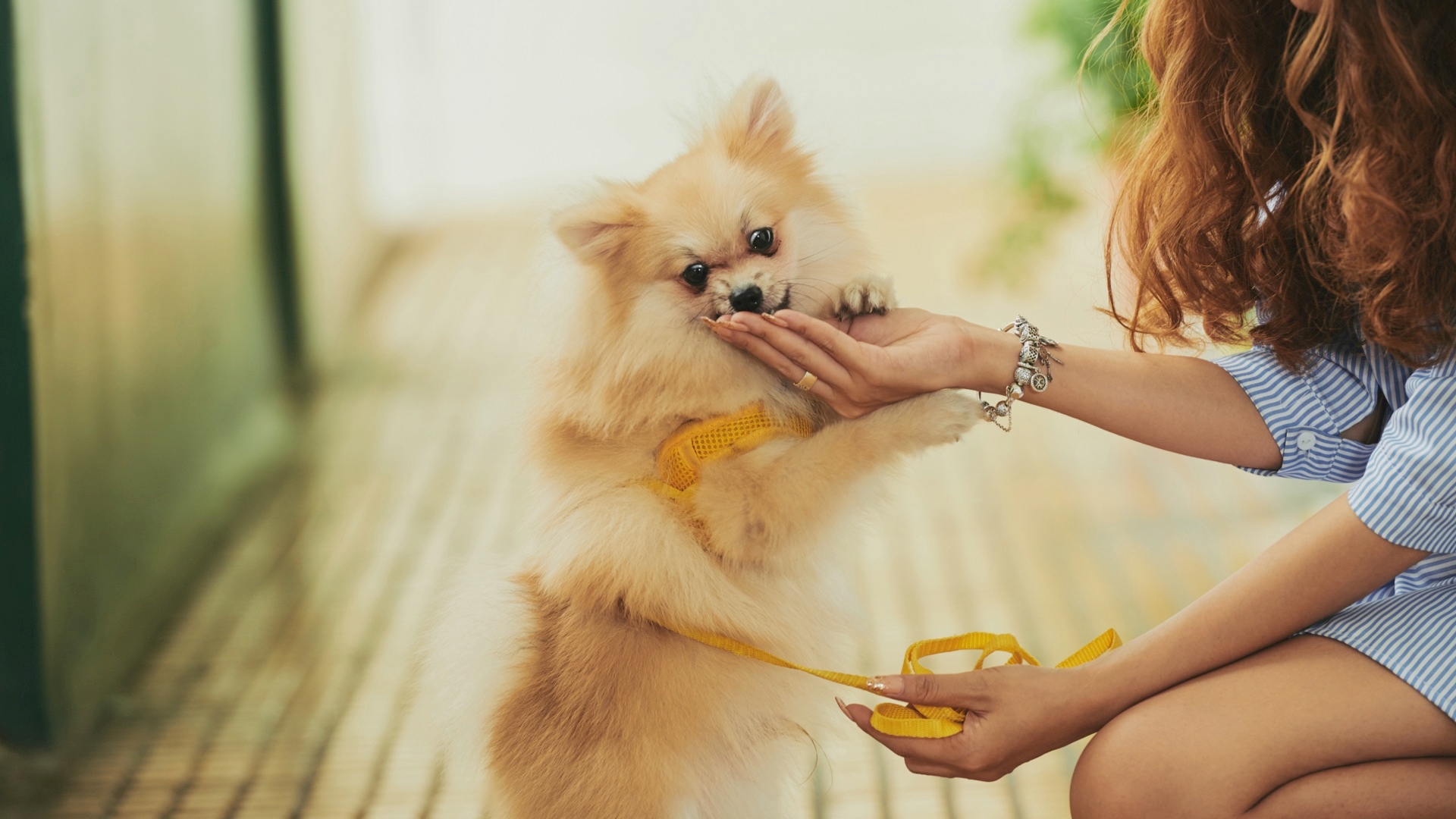
Want to teach your dog to wait at the door? Or get your cat to jump into her carrier on her own? You can use positive reinforcement to teach them how to do the right thing. Positive reinforcement training means that you reward your pet as soon as they do something you like. The reward reinforces the behavior, making it more likely to occur again. Positive reinforcement is a powerful tool you can use to change your pet's behavior.
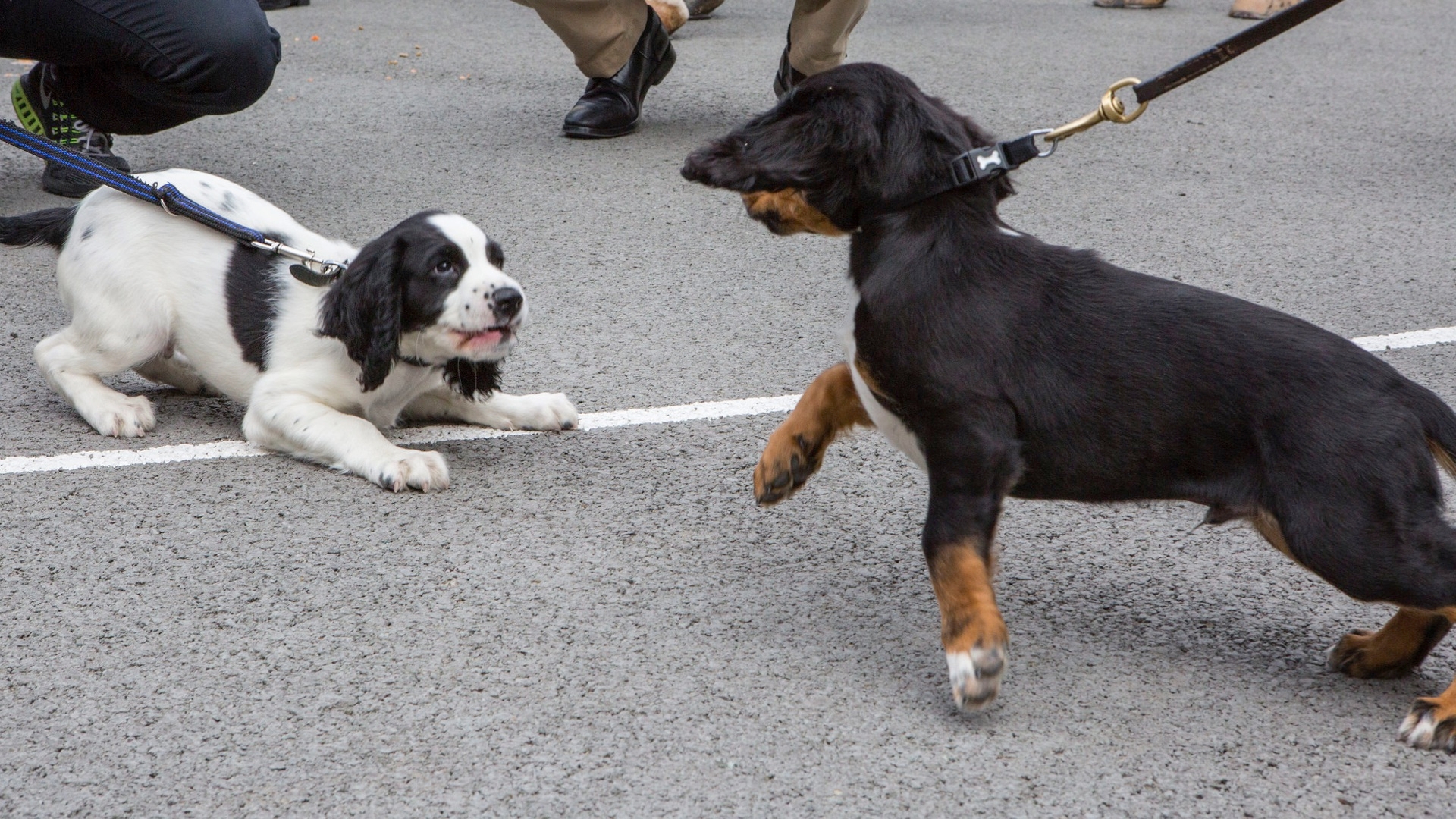
Marking behavior is not a house-soiling problem and both Male and Female dogs can display marking behaviors. To resolve the issue, you need to address the underlying reason for your dog's need to mark. Your dog may be urine-marking for a variety of reasons. Here we discuss some of the causes and how you can resolve them.
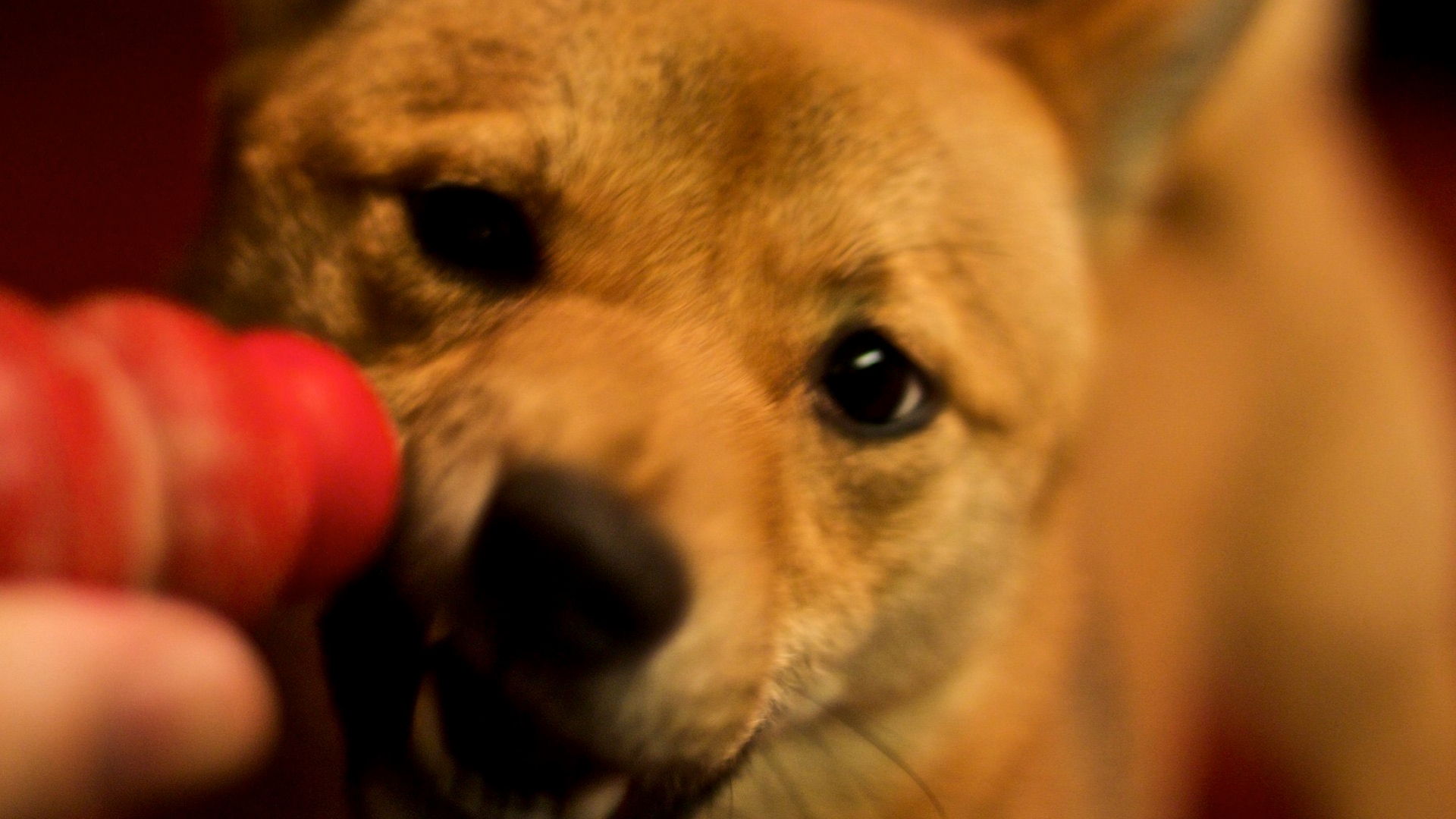
A Kong is a rubber, hollow, dog toy designed to hold food and entertain your dog's brain and belly. Kongs and similar food dispensing toys require that a dog lick and chew on the toy in order to access the food. Licking and chewing are soothing activities for dogs, so Kongs can be helpful when teaching your dog how to be calm, quiet and relaxed.
